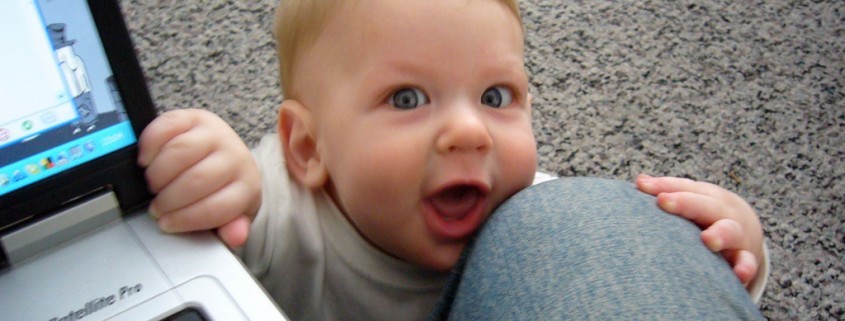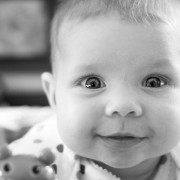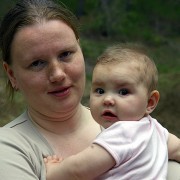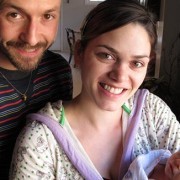The Social-Emotional Development of your Child: Part 2 of 2 From 8 months to 3 years
Last week I shared with you what is happening developmentally in the Social-Emotional domain of babies from birth to age 8 months. Today we’ll continue that journey.
As a reminder, Social refers to how the child interacts with others and the learning of social skills. Emotional refers to how they express their emotions.
From between 8 months to 14 months, babies start to initiate social interaction by looking at the engage the parents, or children who are nearby.
Often this is the age when separation anxiety is the highest. Even though it can be a challenge for the parents it is a normal developmental stage.
One way to minimise the child’s distress, is to play ‘peek-a-boo’ around the corner when you are about to leave, showing them you are still present. Alternatively talk to them in a slightly louder voice as you leave the room, so that they can still hear you and therefore they know that you are there.
Children of this age will ‘ask’ for help ie they will turn to you to solve their problem when they want a toy, or they get stuck.
They may show you affection with ‘sloppy ‘ kisses , or when they are annoyed show you a cranky face or a furrowed brow.
These children understand the word ‘no’ – though they may not always listen to you! Sometimes the temptation to touch something is just too appealing for them even when you are saying No.
They are now able to eat finger foods themselves. They show pride when they have done something and will turn to you expecting a smile, or even a cheer squad!
From 14 – 24 months is when you will hear the word ‘no’ a lot from your toddler. They’ve now realised that there are choices in their life (to do something, or not to do something). With anything new, we often make mistakes. So it’s not unusual for a child to say no when they mean yes – they just used the wrong word! They’ve also realised that ‘no’ is a powerful word, and it gets an immediate response from you.
At this stage the toddler will copy the actions and behaviours of their parents. They will want to sweep the floor like you (not wanting a little broom, but your big broom); they will copy the way you treat the dog, imitate you on the phone, pretend to smoke if you do, and want to put on ‘lippy’ like Mum. Young children (up to the age of 7 years) often copy their parents, without filtering the information as ‘good’ or ‘bad’. This is why it is so important that we present healthy, responsible behaviours and actions to our children.
These toddlers will comfort you or others if they see you are upset – bringing you a tissue or giving you a cuddle.
They are able to drink from a cup with minimal spilling (by age 24 months), and are able to take off their shoes and socks.
Between 24 – 36 months, toddlers are beginning to understand and follow simple rules. They are happy to be around other children even though they will often be playing alone eg the children are playing with blocks, but all building their own constructions. Children are beginning to understand their own property and around the age of 2 will often grab hold of something they want (of yours) and proudly state: ‘Mime!’ – they haven’t quite mastered sharing at age 2.
Toddlers can have challenging behaviours such as whining and physical aggression, and this is when it is particularly important that parents follow the mantra of ‘calm and consistent’ in terms of their rules in the household. It helps children to learn about consequences more quickly.
Toddlers begin to show their feelings in socially acceptable ways, and this is also tied into the extent of their language development, whereby they can clearly express themselves.
Social-Emotional developmental progress is important in becoming part of a family or community, and requires parental assistance.
Happy Parenting!









